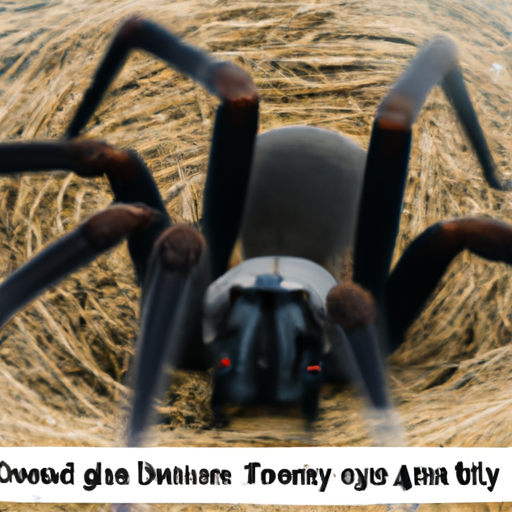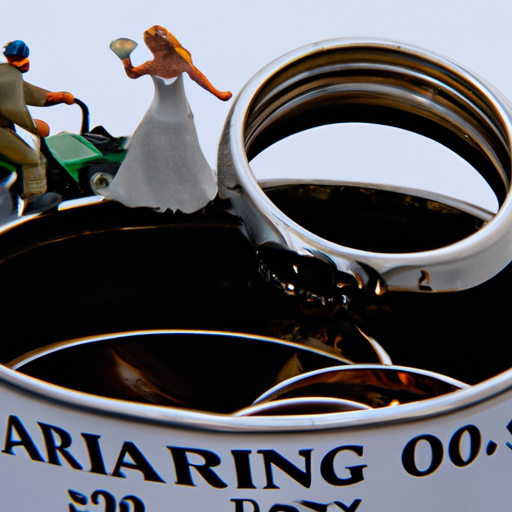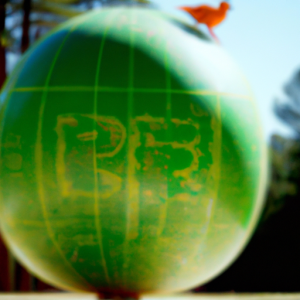In a shocking move that has raised a lot of eyebrows, the world’s largest Australian funnel web spider has been donated to a leading antivenom program. The spider, which is a whopping 10 cm long, was reportedly caught in an unsuspecting family’s backyard.
The donation was made by a concerned citizen who had spotted the spider lurking in her garden. “I just knew that this spider would be perfect for an antivenom program,” the donor said in a statement. “I really wanted to help out, and this seemed like the best way to do it.”
While many people are applauding the donor’s generosity, others are expressing concern about the safety implications of keeping such a dangerous creature in captivity. The Australian funnel web spider is infamous for its highly venomous bite, which can cause serious illness or death in humans.
According to experts, the spider donated to the antivenom program is one of the largest of its kind ever recorded. “This is an incredibly valuable specimen, and we are very grateful for the donation,” said a spokesperson for the program. “We hope to use it to develop a more effective antivenom that will save countless lives.”
Despite the program’s assurances, however, many people remain skeptical about the wisdom of keeping such a dangerous creature in captivity. Some have speculated that the spider may have been mistreated or abused in order to make it as large as it is.
“There’s no way that spider got that big without some kind of intervention,” said one critic. “This is just another example of humans exploiting animals for their own gain.”
Others have expressed concern about the potential for the spider to escape and pose a danger to the public. “It’s all well and good to say that this spider is being kept in a secure facility,” said another critic. “But accidents happen, and when they do, people are going to be hurt.”
Despite these objections, the antivenom program remains committed to using the spider to further its research. “We understand that some people are nervous about this,” said the spokesperson. “But we assure everyone that we are taking every precaution to ensure the safety of our staff and the public.”
So far, the spider has shown no signs of aggression, and has reportedly adapted well to its new environment. However, experts caution that it may take some time before its venom can be used to develop an effective antivenom.
In the meantime, the spider will remain in captivity, where it will be closely monitored by staff and researchers. Whether or not this move proves to be a success remains to be seen, but one thing is for sure: the donation of this massive funnel web spider has certainly sparked a lot of conversation and debate.


